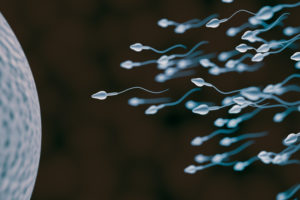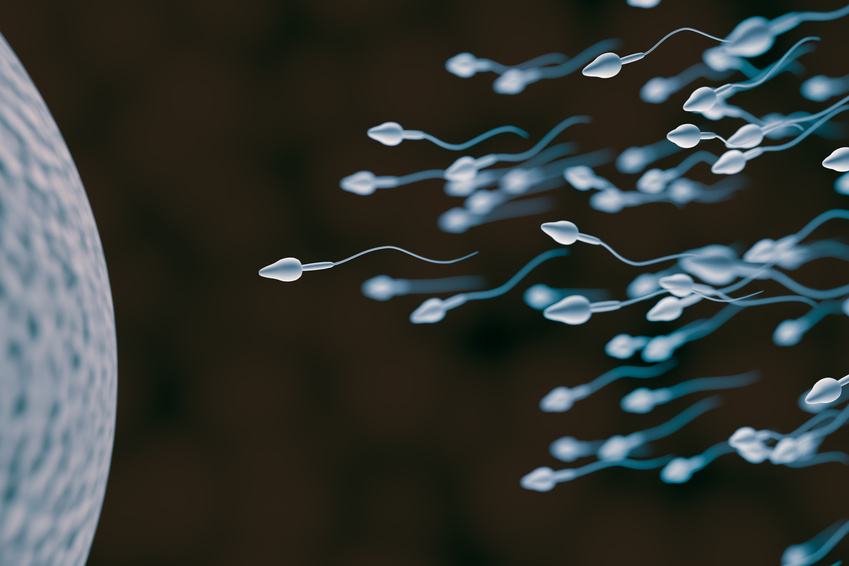 A team of researchers at Washington State University are working to prevent sperm cell loss in boys undergoing cancer treatment. According to a report by WSU News, the research aims to preserve the fertility of prepubescent boys following chemotherapy and radiation.
A team of researchers at Washington State University are working to prevent sperm cell loss in boys undergoing cancer treatment. According to a report by WSU News, the research aims to preserve the fertility of prepubescent boys following chemotherapy and radiation.
Jon Oatley, associate professor at WSU’s School of Molecular Biosciences and director of the Center for Reproductive Biology, are working to fill a hole in current technology, WSU News reports. Currently, adult men can have their sperm frozen before beginning treatment, just in case they become infertile as a result. Boys who have not gone through puberty do not have this option. Since they only have stem cells, not sperm, they run the risk of not producing healthy sperm after treatment. The only option is for physicians to remove the stem cells, freeze them, and wait for technology that allows them to place the stem cells back into the testes after puberty.
This is the technology that Oatley and his team are working to create. Through a series of tests with young mice, the researchers lowered the oxygen in the stem cell cultures. They observed that more of the cells were able to be successfully placed back into the testes. WSU News reports that this increased the number of viable stem cells from 5% to 40%, an eighty-fold improvement, according to Oatley.
“I think it?s going to become the standard by which everybody cultures their cells, including trying to develop conditions for human cells, Oatley said in a statement to WSU News.
While around 80-90% of infertility cases are treated with drug therapy or surgery, cancer survivors might not have this opportunity. According to Cancer.net, infertility in cancer patients is caused by damage to endocrine glands or endocrine-related organs, or changes to the sectors in the brain that control the endocrine system.
While there is not a cure for cancer, data shows that 80% of cases are caused by environmental rather than genetic factors. Despite the cause of their disease, a niche portion of cancer patients could benefit from this study, as fewer than 1% of cases in the United States involve children, according to the American Cancer Society. WSU reports that while over four-fifths of children survive their cancer, boys are susceptible to azoospermia, or lack of visible sperm.
These WSU researchers are one step closer to helping cancer survivors have a better future. WSU News reports that going forward, the team will be working with Marisa Bartolomei at the University of Pennsylvania to investigate whether the technique causes genes are to switch on and off. They will also be testing the culture technique on human tissues.



